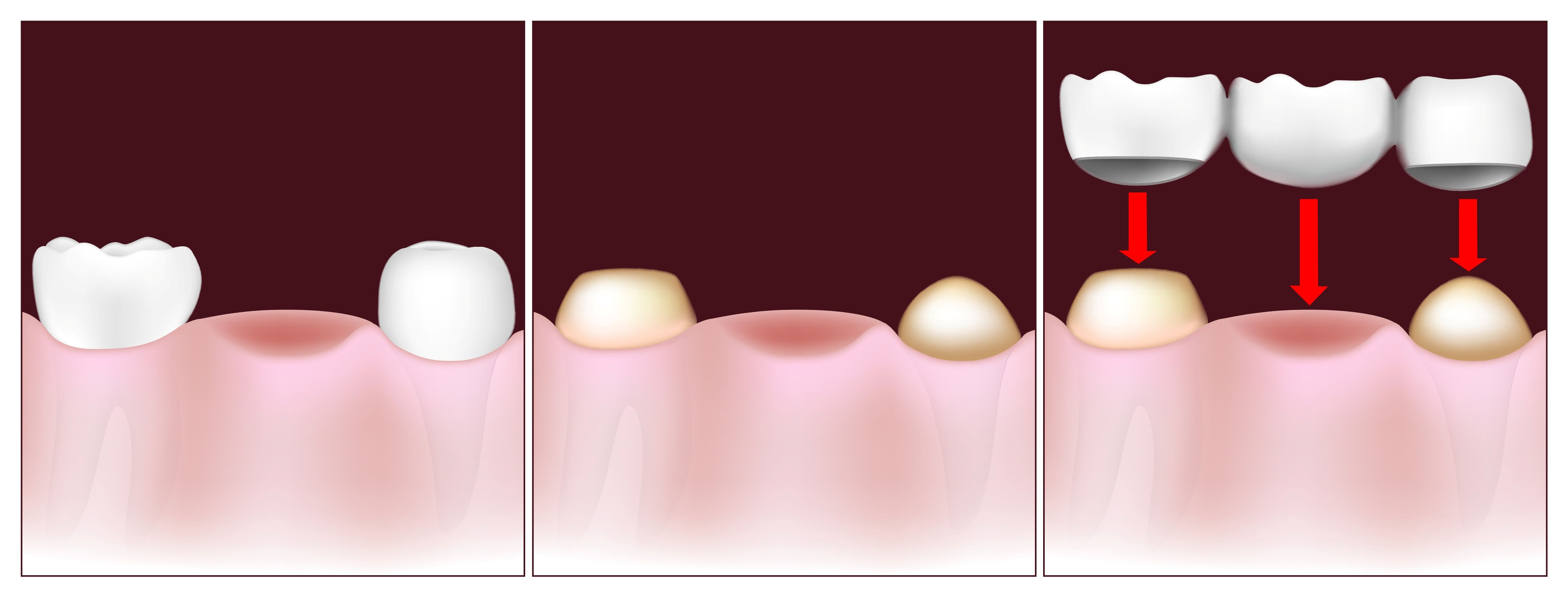Traditional Dental Bridges and Their Effects on Jawbone Health
 Traditional fixed dental bridges have long been a staple of restorative dentistry. Throughout the decades, these appliances have helped millions upon millions of people who were missing one or more of their natural teeth to restore form and function to their mouths. In recent years, as the materials used in dentistry have improved, traditional bridges have only become more durable and natural looking, to the point that they are virtually indistinguishable in their appearance, stability, and strength from a person’s surrounding teeth.
Traditional fixed dental bridges have long been a staple of restorative dentistry. Throughout the decades, these appliances have helped millions upon millions of people who were missing one or more of their natural teeth to restore form and function to their mouths. In recent years, as the materials used in dentistry have improved, traditional bridges have only become more durable and natural looking, to the point that they are virtually indistinguishable in their appearance, stability, and strength from a person’s surrounding teeth.
While traditional bridges offer many benefits, especially compared to leaving missing teeth untreated, they have been eclipsed by modern implant-supported bridges. Bridges supported by dental implants not only look, feel, and function more like natural teeth, but they offer the additional benefit of dramatically improving the health of the jawbone. Drs. Charles and Patrick Casey discuss the issue of implant-supported bridges, traditional bridges, and jawbone health during consultations at their Montreal, QC practice so that patients fully understand their options and can make the most informed decisions possible regarding their care.
Which tooth replacement option is best suited to your particular case? To find out for certain, we invite you to schedule your initial consultation with one of our esteemed dentists by contacting Smile Montreal today.
What Happens to the Jawbone When You Lose a Tooth?
When you lose a tooth, it sets into effect an unfortunate biological response. Your body interprets the loss of the tooth as a sign that the tissues that once supported the tooth - including the underlying jawbone - no longer perform an essential service. Therefore, they are no longer in need of the body’s limited and highly valuable resources, such as blood supply. The body stops sending these resources to the jawbone and other tissues, and they begin to fall into disrepair. Over time, the jawbone is resorbed back into the body and it disintegrates, leading to an impaired bite and a host of other oral health issues.
The Effects of Dental Bridges on Jawbone Health
Replacing a missing tooth or teeth with a traditional bridge will help to preserve jawbone density. The act of chewing with the bridge in place will stimulate the bone, which will help to delay the atrophy process. However, this will simply slow and not stop jawbone degradation.
When you replace the missing tooth or teeth with an implant-supported bridge, on the other hand, you will actually stop the degradation process. This is because dental implants are made of titanium, a substance the human body does not discern as being foreign. Once the implant fuses with the jawbone, the body interprets it as being a regenerated tooth root; as a result, the body starts sending out vital nutrients to support the jawbone once more. Oral health is therefore fully restored.
Learn More about Traditional Bridges and Jawbone Health
If you would like to schedule a consultation with Dr. Charles Casey or Dr. Patrick Casey to discuss your dental bridge options, please contact Smile Montreal today.





